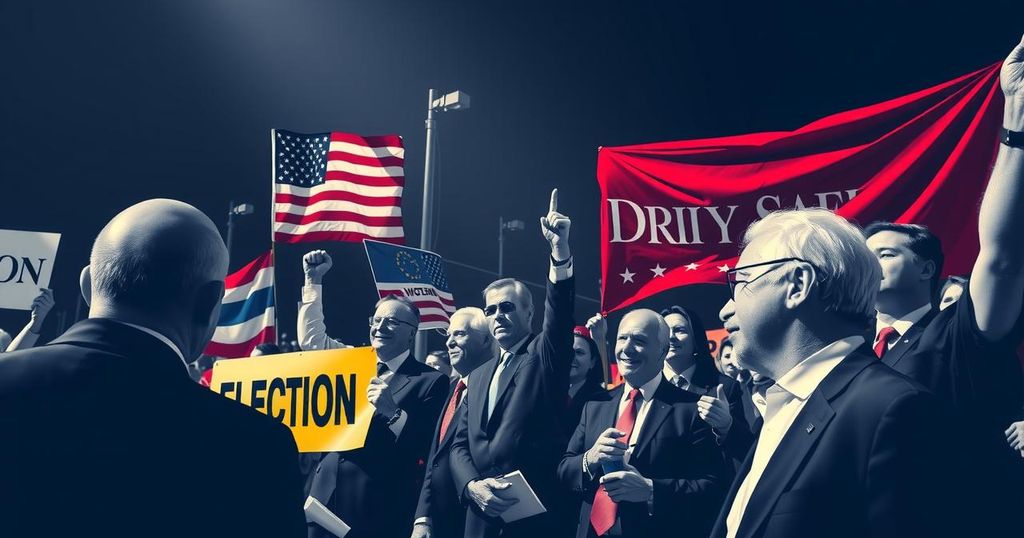Voters Reject Election Reform Initiatives Despite $100 Million Advocacy Efforts

Recent midterm elections in the U.S. witnessed a significant rejection of election reform initiatives, despite over $100 million spent advocating for changes such as ranked choice voting. Voters in multiple states, including Arizona and Nevada, maintained their preference for traditional voting methods, indicating a disconnect between reform advocates and public sentiment. Advocacy groups are now reevaluating their strategies for implementing electoral reforms in future elections.
Election reform initiatives in the United States faced a significant setback in the recent midterms, with voters overwhelmingly rejecting proposals across various states despite an extensive financial campaign exceeding $100 million. Advocates hoped to implement measures such as ranked choice voting and open primaries, seeking to modernize the electoral process, but ultimately encountered strong opposition from voters maintaining traditional voting methods. In states such as Arizona, Colorado, and Nevada, various reform proposals were dismissed, highlighting a disconnect between activist expectations and voter sentiment.
This election cycle had initially sparked optimism following successful reforms in Alaska and Nevada in previous years. However, results from this November highlighted a stark rejection of these methods, as states that previously endorsed such initiatives reversed their decisions. In Alaska, a repeal of ranked choice voting and open primaries garnered only 49.9% support, falling short of the needed majority, while voters in Oregon faced similar outcomes.
Notably, while ranked choice voting was successfully implemented in cities like San Francisco and Portland, evidence suggests that its application may not significantly alter election outcomes when compared against traditional plurality voting systems. Critics, including political scholars, have raised concerns regarding voter engagement and the potential for confusion that this system may engender, particularly among demographics such as Black voters who may be less likely to participate in ranking candidates compared to their white counterparts.
With the recent failure of high-stakes electoral reforms, advocacy groups like Unite America are reassessing their strategies. The focus may shift from sweeping constitutional amendments to more manageable legislative efforts, emphasizing grassroots support and education about the electoral system to foster greater public acceptance of reform proposals in future elections. Advocacy leaders acknowledge the need for patience rather than immediate, expansive reform, as they seek sustainable pathways to enhance voter choices in the electoral process.
The article outlines the results of election reform initiatives across the United States during the recent midterm elections. Despite substantial financial investment and advocacy efforts aimed at changing traditional voting methods, voters largely favored existing systems. The initiatives sought to introduce ranked choice voting and open primaries, advocating for more inclusivity in candidate selection, but faced widespread rejection, prompting discussions about future strategies among reform proponents.
The recent midterm elections reveal a significant resistance to electoral reform initiatives in the United States, despite substantial financial backing. Voters in various states rejected proposals for ranked choice voting and open primaries, indicating a preference for traditional electoral processes. As advocacy groups reevaluate their strategies, there is an acknowledgement of the need for grassroots support and education to foster future acceptance of reform rather than pursuing immediate drastic changes.
Original Source: www.independent.co.uk







